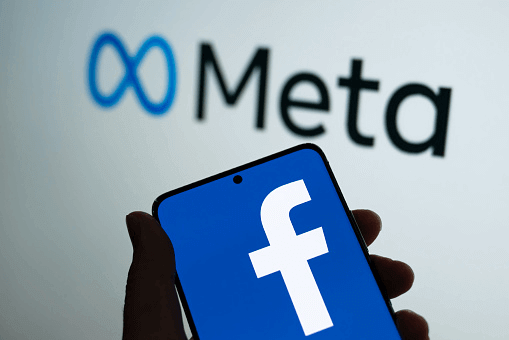Shares in Meta Platforms Inc. declined in after-market trade on Wednesday as investors focused on the US tech giant’s downbeat outlook for second-quarter revenue despite earnings in the first quarter coming in above expectations.
The stock of the Silicon Valley company fell 15.13% to $493.50, closing in on a three-month low, while other tech leaders also felt the impact of the slump.
Microsoft Corp. dropped 1.91% in after-hours trading, whereas Alphabet Inc.’s class-A shares shed 2.85%. The two firms will release their first-quarter earnings at the close on Thursday.
The weaknesses spilled over the Nasdaq 100 futures expiring in June, which slipped 1.16% on Wednesday.
Meta Lowers Q2 Revenue Outlook on Increased AI-Related Costs
Meta’s stumble came as the Menlo Park, California-based firm stated that they expect revenue for the second quarter at $36.50 billion to $39.00 billion, with a $37.75 midpoint range.
The midpoint, representing an 18% year-over-year (YoY) surge, was below Wall Street’s forecast of $38.30 billion.
The weak guidance was mainly due to the prospect of higher costs, as the company allocated more infrastructure investments into its artificial intelligence (AI) efforts.
The social media giant estimated this year’s capital expenditures at $35.00 billion to $40.00 billion, higher than earlier projections of $30.00 billion to $37.00 billion.
The expectations for increased cost largely offset Meta’s strong earnings results in the first quarter, which showed net income more than doubled to $12.37 billion or $4.71 per share from the $5.71 billion or $2.20 per share posted in the same period last year.
The figures exceeded the consensus of $4.32 per share, while revenue in the three months ending March 31 also rose to $36.46 billion from $28.65 billion in the same quarter of the year prior. The revenue growth was the firm’s fastest in any quarter since 2021.
Other major internet companies might follow Meta’s earnings setup as they shoulder higher capital expenditures in a bid to gain a competitive advantage in AI computing, which has grown significantly since the previous year.
Tech frontrunners such as Microsoft have seen higher profits due to AI, but they have also observed a gradual climb in costs, considering the higher computing requirements of AI systems.
Still, a positive view of AI’s potential fueled some optimism in the Facebook owner’s shares despite the weak second-quarter outlook. The stock has performed strongly year-to-date in 2024.











